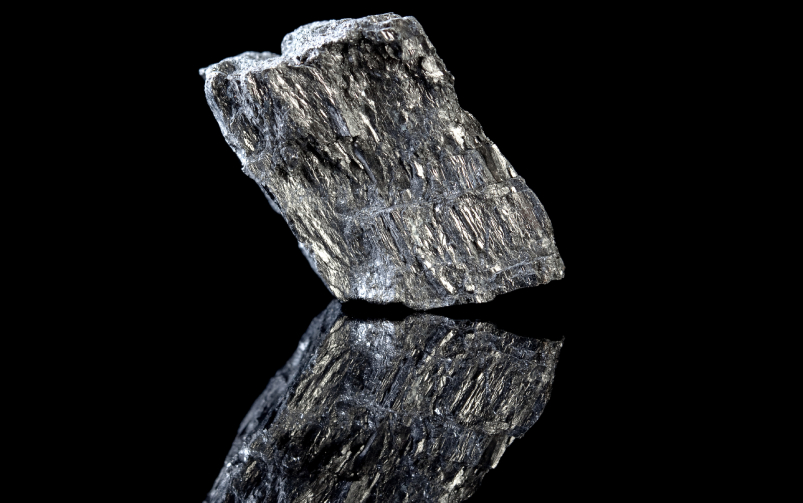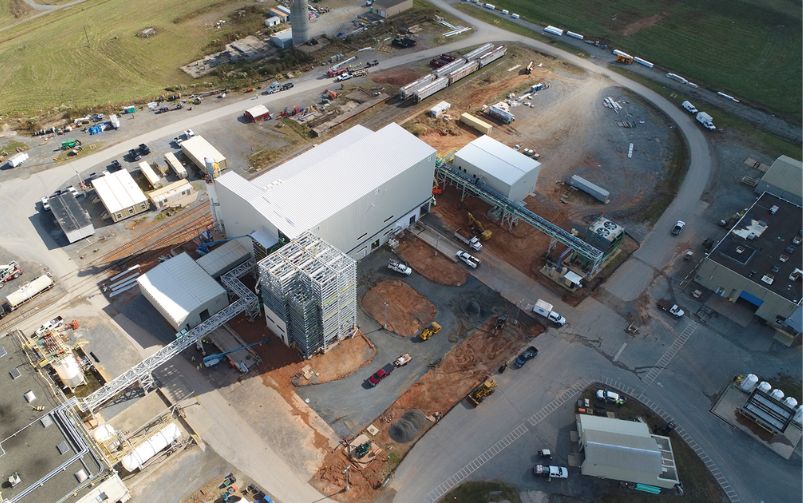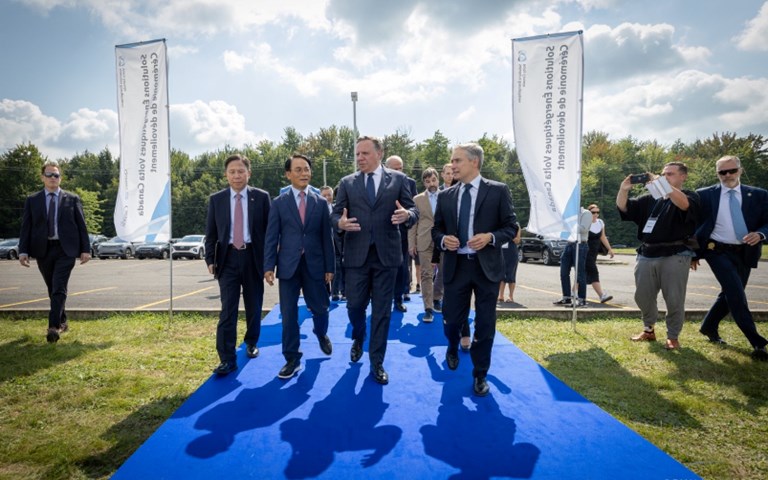Quebec Premier Francois Legault, Canadian Minister of Innovation, Science and Industry of Canada François-Philippe Champagne and Solus Advanced executives at the deal’s announcement. Photo courtesy of Francois Legault via X (formerly known as Twitter).
Volta Energy Solutions Canada, a subsidiary of South Korean company Solus Advanced Materials, announced on Sept. 5 that it plans to open Canada’s first electric vehicle (EV) battery copper foil factory in Granby, Quebec in 2026. In its first year of operations, the plant is expected to produce 23,000 tonnes of battery-grade copper foil, and then the annual output will grow to 57,000 tonnes the following year. According to Volta, 57,000 tonnes of copper foil is enough to supply approximately 2.5 million EVs.
Volta is investing $750 million into the Granby copper plant, after purchasing it for $81 million in 2022. The plant was previously owned by Circuit Foil Luxembourg, before shutting down in 2005. It was later sold and used as a storage facility for many years until Volta moved in. The project will receive a $150 million loan from the Quebec government. Volta will not be required to pay back the loan in full if it hits certain criteria, such as employment minimums. The new factory is anticipated to provide at least 260 new full-time jobs when it is fully operational.
Bloomberg reported on Sept. 5 that the Canadian government will also provide funding for Volta, although the amount is yet to be determined. The Quebec plant will be Volta’s third battery-grade copper foil plant worldwide, and the first outside Europe. In justifying the provincial government support, Quebec Premier Francois Legault said at the Sept. 5 press conference that “without incentives, factories will be built elsewhere,” as reported by Bloomberg.
Copper foil plays an important part in the anode of lithium-ion batteries and helps prevent overheating. The thin copper surface transmits electrical currents throughout the battery, ensuring the heat is evenly distributed. The copper requires treatment to ensure specific thickness and electrical conductivity potential. Volta produces copper foil as thin as four micrometres (also known as microns) thick, although its standard foils can be up to 20 micrometres thick depending on the intended usage. Copper foil is also necessary for battery storage technologies required for renewable energy, such as solar and wind power, although this particular plant is not aiming to produce copper foil for those markets.
Premier Legault also promised in a Sept. 5 press release that “more projects of this sort are also coming up, solidifying our position as a green economy leader in North America.” This investment comes on the heels of a deal with Ford Motor Co. last month to build a $1.2 billion cathode materials plant in Bécancour, for which both the federal government and Quebec provincial government provided conditional loans of $322 million each.
Under the U.S. Inflation Reduction Act that was passed in August 2022, EV makers are eligible for tax credits if a certain percentage of their battery materials are sourced from North American suppliers. Therefore, international companies that choose to open battery material plants in Canada are eligible to sell their product to the entire North American market, while remaining eligible for tax credits in the U.S.
Quebec in particular has seen a rapid expansion of its battery industry over the last year, with a surge of investment along the battery materials supply chain from critical minerals exploration to manufacturing projects. This includes the Ford plant and another $600 million cathode materials production facility for General Motors, announced in June, which will also be in Bécancour.




